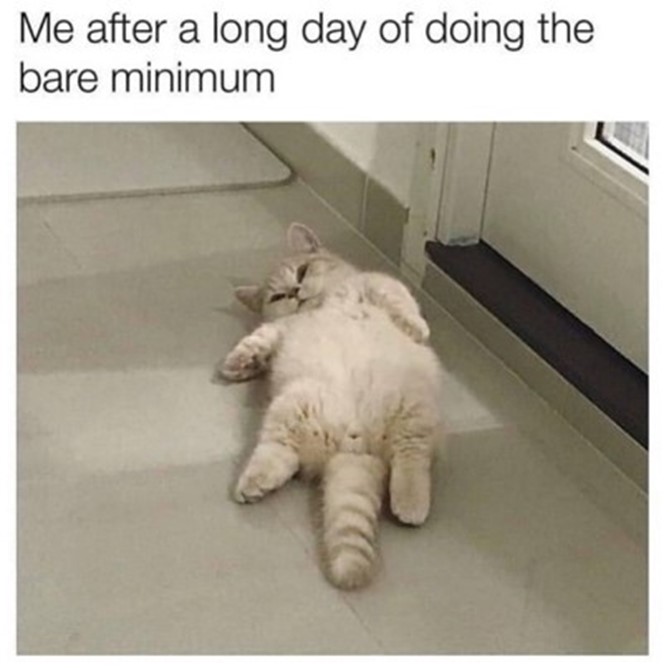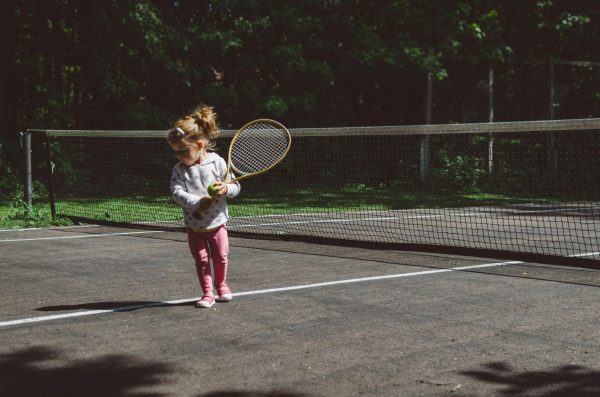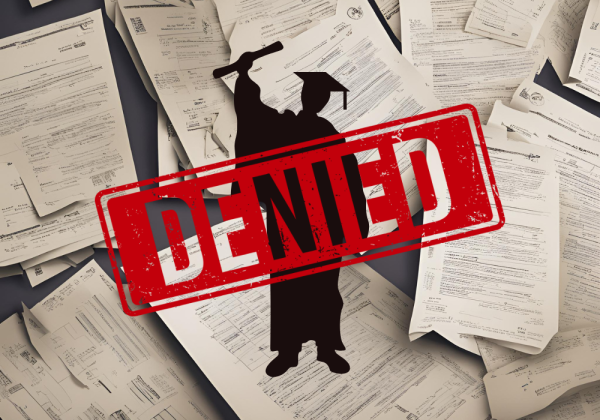The Bare Minimum
September 14, 2022
No doubt that many of you reading this have partaken in the ‘bare minimum’. All over the world, students are succumbing to this act – this culture if you will – of giving the minimum amount of effort to just get by.
In my opinion, ‘the bare minimum’ has gotten a bad rap. Teachers and parents alike constantly slander this idea of the “bare minimum”, yet they fail to give credit to this simple, yet compelling, part of our lives.
When you think of ‘the bare minimum’, you probably think of the two sides of the spectrum – the token sweaty kid in all your classes, and then the slacker that plays flappy golf until the teacher walks behind them, and then they begin to try their best … in pretending to do some work.
But when I began to investigate those around me and learn for myself about the habits of successful people, this idea of the ‘bare minimum’ became something more complicated than just being a slacker.
The definition of ‘the bare minimum’ is simple, right? It’s defined as doing the least amount of work to get where you need to be. In my opinion, the first part of this definition is a convoluted and often misinterpreted way of describing efficiency. But the true grey area is in how you personally define your needs. The way Jesus defined where he needed to be – the type of person he needed to be – is a little different to the type of person Ted Bundy though he needed to be. It is the type of standard of needs they (or God in Jesus’ case) had set for their life.
So in reality, the ‘bare minimum’ is really your personal definition of what you are willing to do in order to be satisfied; to reach your standards.
‘The bare minimum’ is not something to run away from – it is something we should embrace. In my opinion, it takes a high level of self-awareness to understand where your ‘bare minimum’ and consequent standards lay, because this will determine the quality of your life. As articulated by the author and business leader Ed Mylett, “You don’t rise to the level of your goals, you fall to the level of your standards”.
After reflection upon my schooling life, the people who ended up achieving ‘sustained diligence’ were not the ones who were always going above and beyond their usual achievement but were the ones who consistently set their standard for ‘the bare minimum’ higher than the rest of their peers.
Of course, there will be some days where you are motivated to excel in your work, but most days ‘the bare minimum’ will look very appealing. I give you permission as a student on the verge of graduation, not to be ashamed by this fact, but rather, be empowered by it.
After observing the tyranny of HSC trials and intense cramming of content in highly stressful exam blocks, I can say with certainty that your personal standard of doing the ‘bare minimum’ will eventually become your default behaviour. ‘The bare minimum’ has not only been given a ‘bad rap’, but it has been misinterpreted all together, and is something that we can change within ourselves to alter the outcome of our lives.





















